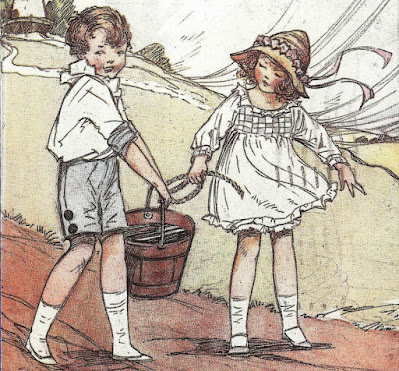I bought this for R10 at the second-hand book stall outside the Standard Bank in Hermanus one Saturday morning about 25 years ago. It was first published in 1923 and my copy is the 1958 edition. After many years of being out of print it was brought back as an annotated digital version by Big Game Books in 2018. Favourable reviews of the book can be found on Goodreads.
I regard hunting as deplorable, and when I read that the book is ‘Lavizhly illustrated from on-the-spot sketches by the author,’ my low opinion of hunters, including WDM Bell, was confirmed. The cover drawing, which shows a tiny figure with a rifle confronting a charging elephant of laughably enormous proportions, is clearly meant to demonstrate courage of the intrepid white man as he holds his ground and takes aim. However, I did find the book fairly well written, entertaining and factually as well as historically interesting.
Bell’s description of rifles, ammunition and shooting technique partly inspired me to write the Curiosity leads him into a gun shop section of The Life of Henry Fuckit, which I later published as the short story, Sell Me a Gun.
You know, I'm going to tell you something no word of a lie, and I'm proud of it. It's part of my heritation. My father, and his father too before that, they used to hunt bushmen, and that's the truth. Jus' like animals. They were vermin."
"I'm sure they were." Henry was shocked. "They must hardly have been human to have been capable of such heinousness."
The blue eyes regarded him uncomprehendingly for a moment, suspicion flickering just beneath the surface.
"I suppose you're telling me all this,” said Henry, “In order to illustrate some point or other. Maybe even then, back in those dreadful days of decimation and extermination, maybe even then there was the right gun for the right job. Is that where you're heading, Sir Fatguts?"
"The right gun for the right job! Just so!" He was grateful for the cue. "My father, he use to say to me, many times, Boitjie, you got to have…"
"Is that your name?"
"What?"
"Is that your name? Boitjie?"
"No, course not. What you think? We was a big family. He called all the sons Boitjie. Anyway, that's got fuck-all to do with anything. My real name is Gerhardus. But they call me Mike, or sometimes Okkie. You call me Mike."
Now Henry was beginning to enjoy himself. This was just the right situation to stimulate his senses, which he felt had become rather dulled of late. Everything was a surprise and he was delighting in the absence of logic and predictability. He breathed rapidly and his eyes sparkled. Mike continue
"The style of killing my father enjoyed the best was using a light calibre rifle. His style was slow and cool, never in a hurry. The idea he had was never to fire unless he can place the bullet in a vital organ. You see, if you places a bullet correc' it doesn't matter what the calibre. But you got to have nerve for that, that's for sure. You get other okes completely different. Take my uncle Poeslap. Now, he think…"
"Your uncle's name was Poeslap?" Henry was staggered. "Jesus, man! Was he christened that?" (Poeslap is Afrikaans for cunt rag.)
"Allemagtig man! It was his nickname - everybody called him Poeslap, even his mother, even his wife. Something to do with his bokbaard, jy weet. Hy was ‘n rooikop. (Something to do with his beard, you know. He was a redhead.) His hair was red coloured. But what's all this name kak? I'm trying to learn you about rifles. Now, Oom Poeslap was always a bietjie bang (a bit scared), and he believed in the biggest bore rifle he could get hold of. A Rigby-Mauser double .577. He wired all two triggers together and when he pulled the back one all two barrels fired at the same time. But he always fired too soon. I don't think he got even one. Not even one. One time he went out to try catch them poisoning his sheep and when he come near the water he see them and fire, jus' like that, from three hundred yards. Of course he miss the Bushmen but hit one of his own sheep. My father told me he seen that sheep later and it was just about cut in half. Now my father was different. He got at least six that I know of, before they all run away to the Kalahari. His favourite weapon was a Lee-Enfield .275. He only fired when he got real close and were sure of a brain shot or a heart shot. He believed the best ammunition was the old round nose solid bullets. He sweared that was the best way to find the brain of a Bushman. You know, he said it was like shooting a springbok. When he come right up to the kill the body was still warm and soft and smelling just like a wild antelope; and, if the face wasn't taken away by the round nose, he saw the last light going out the eyes, just the same like when you shoot a wildebeest. He said they were wild and beautiful just like the wild animals but they was wragtig (extremely) treacherous and sly. I mean, he had to shoot them to protec' his sheep, didn't he? Ja man, my father learned me good lessons. It just shows you, you don't need a big calibre. You must jus' stay cool and calm, and take your time, like."
(You can read Sell Me a Gun for free on Smashwords HERE.)
















